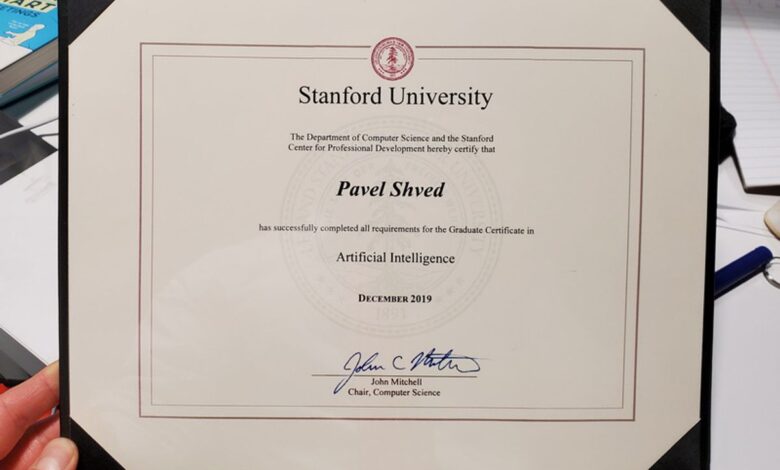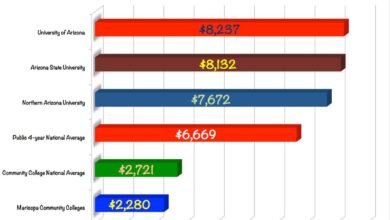Navigating the Path to a Debt-Free Education: A Guide to University Scholarships

The pursuit of higher education is often accompanied by the daunting prospect of accumulating debt. However, with the right knowledge and strategies, students can navigate the path to a debt-free education. This guide to university scholarships aims to provide comprehensive insights into the scholarship landscape, effective strategies for maximizing awards, financial planning, alternative funding options, and the impact of scholarships on future success.
Key Takeaways
- Scholarships and grants play a crucial role in reducing the financial burden of higher education, allowing students to focus on their academic pursuits without the stress of debt.
- Early and proactive engagement in the scholarship process can unlock a myriad of educational opportunities and significantly diminish reliance on student loans.
- Crafting a thoughtful and compelling scholarship application is essential for standing out among applicants and securing the necessary funds for a debt-free education.
- Financial planning, including budgeting and comparing loan options, is key to managing educational expenses and minimizing financial risks.
- Achieving a debt-free degree through scholarships not only relieves immediate financial pressure but also lays the foundation for long-term success and stability.
Understanding the Scholarship Landscape

Your Complete Pell Grant Guide: Are You Eligible?
The Federal Pell Grant is a cornerstone of financial aid for many undergraduate students in the United States. To determine if you’re eligible for this grant, you must complete the Free Application for Federal Student Aid (FAFSA). Eligibility hinges on several factors, including your financial need, your status as a U.S. citizen or eligible non-citizen, and your enrollment in an undergraduate program that leads to a degree or certificate.
- Complete the FAFSA to assess financial need.
- Ensure you meet citizenship requirements.
- Be enrolled as an undergraduate student.
- Maintain satisfactory academic progress.
The Pell Grant can be a significant contributor to covering educational costs, and understanding the eligibility criteria is crucial for prospective and current students.
It’s important to note that special circumstances can affect your eligibility. For instance, veterans may receive preference, and there are unique criteria for students with certain qualifications or life situations.
Free Money for College: Understanding Grants and Scholarships
When embarking on the journey to a debt-free education, understanding the difference between grants and scholarships is crucial. Grants, like scholarships, are non-repayable funds awarded to students to support their academic pursuits. They are often based on financial need, while scholarships are typically merit-based or tied to specific criteria such as community service or leadership skills.
To navigate this landscape effectively, consider the following questions when reviewing grant and scholarship opportunities:
- What are the terms and conditions of this award?
- What is the source of the funding?
- Can I count on this award for the duration of my college years?
- How is the grant or scholarship money to be used?
Pursuing scholarships and grants is key to alleviating the financial burden of higher education. By actively seeking out these resources, students can significantly reduce the overall cost of their education, effectively lowering out-of-pocket expenses.
The Legacy of Scholarly Success
The journey to becoming a ‘scholarship ninja’ is marked by the development of strategic habits and a long-term mindset. Every scholarship application is a step towards mastering the art of showcasing one’s achievements and potential.
The discipline and strategic thinking required for early scholarship applications are not just beneficial for securing funding; they also reflect qualities that are highly sought after in college and the workforce.
Students who engage regularly in the scholarship process tend to have a higher success rate. Here’s a snapshot of their achievements:
- Regular effort in multiple applications
- Utilization of various resources
- A track record of winning at least one scholarship
Developing self-confidence is a critical component of this legacy. The process of applying for scholarships, with its inherent challenges and exposure, prepares students for future high-stakes opportunities. Consistency and persistence in this endeavor are key to long-term success.




